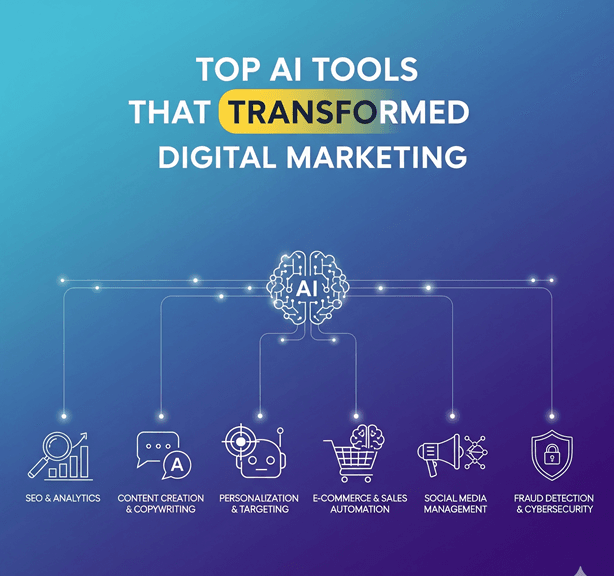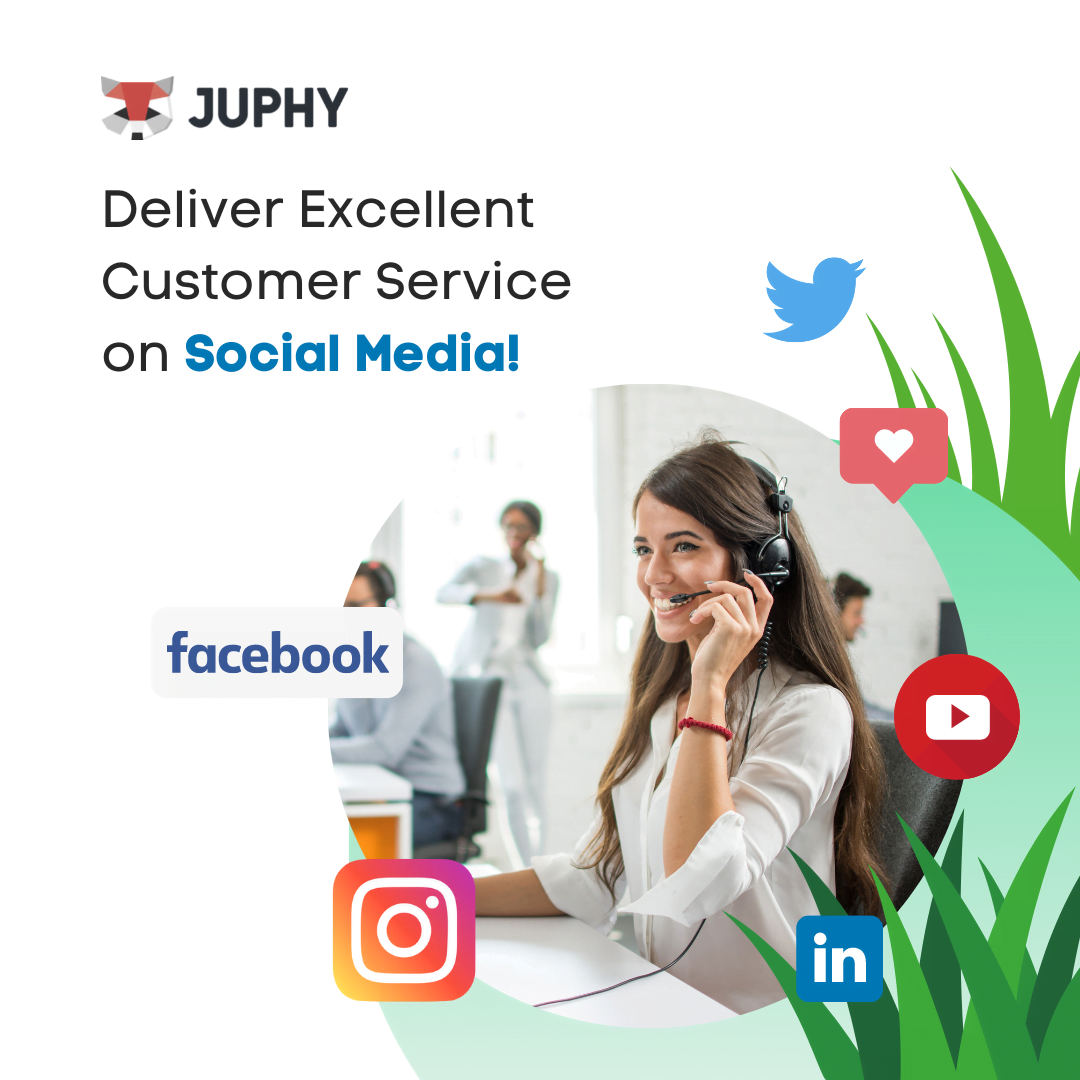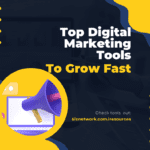
AI in Digital Marketing
Have you ever wondered how businesses suddenly became so good at predicting exactly what you want to buy? Or how they seem to know the perfect time to send you that promotional email? Welcome to the world of AI-powered digital marketing – a realm where machines don’t just crunch numbers, they actually understand human behavior better than we understand ourselves sometimes.
Digital marketing has undergone a seismic shift in recent years, and artificial intelligence is the earthquake that started it all. We’re living in an era where marketing campaigns can optimize themselves, content writes itself, and customer service never sleeps. It’s like having a crystal ball that actually works, except instead of mystical powers, it runs on algorithms and data.
The transformation hasn’t happened overnight, but when you look back at where we were just five years ago, the change is staggering. Marketers who once spent hours crafting individual campaigns now watch as AI tools generate hundreds of personalized variations in minutes. It’s not science fiction anymore – it’s Monday morning at the office.
The Evolution of Marketing Technology
From Traditional to Digital Marketing
Remember when marketing meant billboards, TV commercials, and hoping for the best? Those days feel like ancient history now. Traditional marketing was like shooting arrows in the dark and hoping to hit something valuable. You’d create one message, blast it to everyone, and cross your fingers that it resonated with at least some people.
Digital marketing changed the game by giving us targeting capabilities and measurable results. Suddenly, we could track clicks, measure engagement, and actually see what worked. But even early digital marketing had its limitations – it still required a lot of manual work and educated guessing.
The Rise of Artificial Intelligence
Then AI entered the picture like a superhero swooping in to save the day. What started as simple automation tools has evolved into sophisticated systems that can analyze consumer behavior, predict trends, and make real-time decisions that would take human marketers hours or days to figure out.
The beauty of AI in marketing isn’t just that it’s faster – though it certainly is. It’s that it can process massive amounts of data and find patterns that humans would never spot. It’s like having a detective who never gets tired, never misses a clue, and can work on a million cases simultaneously.
Content Creation and Optimization Tools
AI Writing Assistants
Content creation used to be the ultimate human domain. After all, creativity, emotion, and storytelling were uniquely human traits, right? Well, AI tools have challenged that assumption in ways that have left many marketers both amazed and slightly concerned about job security.
Copy.ai and Jasper
Copy.ai burst onto the scene like a content creation tornado, promising to write anything from social media posts to full blog articles. What makes it revolutionary isn’t just that it writes – it’s that it writes in different tones, styles, and formats based on your specific needs.
Jasper (formerly Jarvis) took things even further by creating an AI that doesn’t just generate content but understands brand voice and maintains consistency across all materials. It’s like having a copywriter who never has writer’s block and can adapt to any brand personality instantly.
These tools have transformed how businesses approach content marketing. Instead of staring at blank pages for hours, marketers now start with AI-generated drafts and refine them. It’s shifted the role from creator to curator, which has actually freed up time for more strategic thinking.
ChatGPT for Marketing
When ChatGPT launched, it didn’t just make waves – it created a tsunami in the marketing world. Suddenly, every marketer had access to an AI assistant that could help with brainstorming, content creation, customer service scripts, and strategic planning.
What sets ChatGPT apart is its conversational nature. You can actually collaborate with it, asking follow-up questions and refining ideas in real-time. It’s like having a brainstorming session with the most well-read person in the world, except they’re available 24/7 and never run out of coffee.
Visual Content Generation
Canva’s AI Features
Canva democratized graphic design, but their AI features have taken it to another level entirely. Their AI can now suggest color schemes based on your brand, automatically resize designs for different platforms, and even generate layouts that follow design best practices.
The magic happens when you realize you can create professional-looking graphics without any design experience. It’s like having a graphic designer living inside your computer, ready to help whenever inspiration strikes.
Midjourney and DALL-E
These tools have revolutionized visual content creation by generating images from text descriptions. Imagine describing your ideal marketing visual and having it created in seconds. That’s exactly what these platforms do, and they’re getting scary good at it.
For marketers, this means unlimited visual content possibilities without the constraints of stock photo libraries or expensive photo shoots. Need a picture of a purple elephant riding a bicycle while eating ice cream? Done. Need it in five different styles? Also done.
Customer Relationship Management Revolution
Predictive Analytics in CRM
CRM systems used to be glorified contact databases. Now, they’re crystal balls that predict customer behavior, identify sales opportunities, and even forecast when customers might churn. It’s like having a fortune teller who’s actually right most of the time.
Modern AI-powered CRMs analyze past interactions, purchase patterns, and engagement metrics to score leads, prioritize follow-ups, and suggest the best communication channels. They’ve transformed sales teams from reactive order-takers to proactive relationship builders.
Chatbots and Virtual Assistants
Drift and Intercom
These platforms have made customer service scalable in ways that were previously impossible. Their AI chatbots can handle routine inquiries, qualify leads, and even schedule meetings without human intervention. It’s like having a receptionist who never takes a break and never has a bad day.
What’s impressive is how natural these conversations feel. The AI can understand context, remember previous interactions, and escalate complex issues to humans seamlessly. Customers often don’t realize they’re talking to a bot until they’re told.
Zendesk Answer Bot
Zendesk’s AI takes customer service a step further by learning from your existing knowledge base and ticket history. It can suggest solutions before customers even ask questions and continuously improves based on successful resolutions.
The real transformation here is in customer expectations. People now expect instant responses and 24/7 availability, and AI has made this possible without requiring armies of customer service representatives.
Email Marketing Automation
Personalization at Scale
Remember when personalized emails meant inserting someone’s first name? Those days seem quaint now. Modern AI can personalize everything from subject lines to product recommendations to send times based on individual behavior patterns.
The level of personalization we can achieve now is almost telepathic. AI analyzes when someone typically opens emails, what content they engage with, and even what time of day they’re most likely to make purchases. It’s like having a personal assistant for each of your thousands of subscribers.
Mailchimp’s AI Recommendations
Mailchimp’s AI doesn’t just send emails – it optimizes every aspect of your campaigns. It suggests the best send times, predicts which subject lines will perform better, and even identifies your most engaged subscribers for special targeting.
The platform learns from millions of email campaigns across all its users, applying insights from successful campaigns to yours. It’s like having access to the collective wisdom of every email marketer in the world.
HubSpot’s Smart Content
HubSpot’s AI takes personalization to the next level by creating dynamic content that changes based on who’s viewing it. The same email can show different products, messages, and calls-to-action depending on the recipient’s history and preferences.
This isn’t just impressive technology – it delivers real results. Personalized emails have significantly higher open rates, click-through rates, and conversion rates than generic broadcasts.
Social Media Marketing Enhancement
Content Scheduling and Optimization
Hootsuite Insights
Hootsuite’s AI analyzes your social media performance and suggests optimal posting times, content types, and even hashtags. It’s like having a social media manager who never sleeps and constantly monitors what works and what doesn’t.
The platform can identify trending topics relevant to your brand and suggest content ideas before your competitors catch on. It’s transformed social media from a reactive medium to a proactive marketing channel.
Buffer’s Pablo
Buffer’s AI-powered design tool creates social media graphics automatically based on your content and brand guidelines. It understands which visual elements perform best on each platform and optimizes accordingly.
The real magic is in how it maintains brand consistency while creating unique visuals for each post. It’s solved the problem of keeping social media feeds visually interesting without requiring a full-time designer.
Social Listening Tools
Brandwatch and Mention
These AI-powered tools monitor millions of online conversations to identify brand mentions, sentiment changes, and emerging trends. They can detect potential PR crises before they explode and identify brand advocates for relationship building.
The transformation here is in how brands understand their reputation. Instead of waiting for formal feedback, companies can now monitor real-time conversations and respond proactively to both praise and criticism.
Search Engine Optimization Tools
SEMrush and Ahrefs AI Features
These platforms have integrated AI to make keyword research more intelligent and competitive analysis more insightful. They can predict which keywords are worth targeting based on your domain authority and competitive landscape.
The AI analyzes millions of search queries and ranking factors to suggest content strategies that actually work. It’s like having an SEO expert who’s analyzed every successful website on the internet.
Content Gap Analysis
AI-powered content gap analysis identifies topics your competitors rank for that you don’t. But it goes beyond simple keyword lists – it understands search intent and suggests content angles that are likely to succeed.
This has transformed content strategy from guesswork to science. Instead of hoping your content will rank, you can create content with a high probability of success based on data-driven insights.
Keyword Research Revolution
Modern AI keyword tools don’t just find search volumes – they understand semantic relationships, user intent, and content opportunities. They can identify long-tail keywords that your competitors haven’t discovered yet.
The transformation is in how we think about keywords. Instead of targeting individual terms, AI helps us understand topic clusters and create comprehensive content strategies that dominate entire subject areas.
Programmatic Advertising Platforms
Google Ads Smart Bidding
Google’s AI algorithms now handle bid adjustments in real-time based on hundreds of signals that humans could never process simultaneously. The system learns which clicks are most likely to convert and adjusts bids accordingly.
This has transformed PPC advertising from a manual art to an automated science. Advertisers who embrace AI-powered bidding strategies consistently outperform those still managing bids manually.
Facebook’s Algorithm Updates
Facebook’s AI continuously optimizes ad delivery to find people most likely to take your desired action. The system considers factors like time of day, device usage, and past behavior to maximize campaign performance.
What’s revolutionary is how the platform learns from every interaction across all advertisers to improve performance for everyone. It’s like having access to insights from billions of advertising experiments.
Analytics and Data Visualization
Google Analytics Intelligence
Google Analytics’ AI can automatically identify significant changes in your data and suggest explanations. Instead of digging through reports manually, the AI surfaces insights and alerts you to important trends.
It’s transformed data analysis from a time-consuming chore to an ongoing conversation. The AI asks and answers questions you might not have thought to explore, uncovering opportunities hidden in your data.
Tableau’s Ask Data Feature
Tableau’s natural language processing allows users to ask questions in plain English and get visual answers instantly. You can literally ask your data questions and get meaningful responses without knowing complex query languages.
This has democratized data analysis within organizations. Marketing teams no longer need to rely on data analysts for every insight – they can explore data independently and make faster decisions.
Conversion Rate Optimization
A/B Testing Automation
AI-powered A/B testing platforms can automatically create test variations, determine statistical significance, and implement winning variations without human intervention. They can run multiple tests simultaneously and avoid the biases that plague manual testing.
The transformation is in the speed and scale of optimization. Instead of running one test at a time over weeks or months, AI can continuously optimize multiple elements simultaneously.
Personalization Engines
Modern personalization engines use machine learning to create unique experiences for each visitor based on their behavior, preferences, and characteristics. They’re essentially creating millions of different versions of your website simultaneously.
This level of personalization was impossible before AI. Now, every visitor can have a tailored experience that increases their likelihood of converting, leading to dramatic improvements in overall performance.
Future Trends in AI Marketing Tools
Voice Search Optimization
As voice assistants become more prevalent, AI tools are emerging to help optimize content for voice queries. These tools understand how people speak differently than they type and help create content that performs well in voice search results.
The transformation will be in how we think about search queries. Instead of optimizing for typed keywords, we’ll need to optimize for conversational queries and provide direct answers to spoken questions.
Augmented Reality Integration
AI is beginning to power AR experiences that allow customers to visualize products in their own environment before purchasing. This technology is transforming how people shop online, especially for furniture, clothing, and home improvement products.
The future will likely see AI creating personalized AR experiences that adapt to individual preferences and environments, making online shopping as interactive as visiting a physical store.
Conclusion
The AI revolution in digital marketing isn’t coming – it’s here, and it’s transforming every aspect of how businesses connect with customers. From content creation to customer service, from email marketing to social media management, AI tools have become the secret weapon of successful marketing teams.
What’s most exciting about this transformation is that we’re still in the early stages. The AI tools available today will seem primitive compared to what’s coming in the next few years. The marketers who embrace these technologies now and learn to work alongside AI will be the ones who dominate their industries tomorrow.
The key isn’t to fear AI replacing human marketers, but to understand how AI can amplify human creativity and strategic thinking. The most successful marketing teams of the future will be those that combine human insight with AI capability, creating campaigns that are both data-driven and emotionally resonant.
As we look ahead, one thing is certain: the marketing landscape will continue to evolve rapidly, and AI will be the driving force behind that evolution. The question isn’t whether you should adopt AI tools in your marketing strategy – it’s how quickly you can integrate them effectively.
READ ALSO: Understanding Answer Engine Optimization (AEO) Made Simple









Leave a Comment
You must be logged in to post a comment